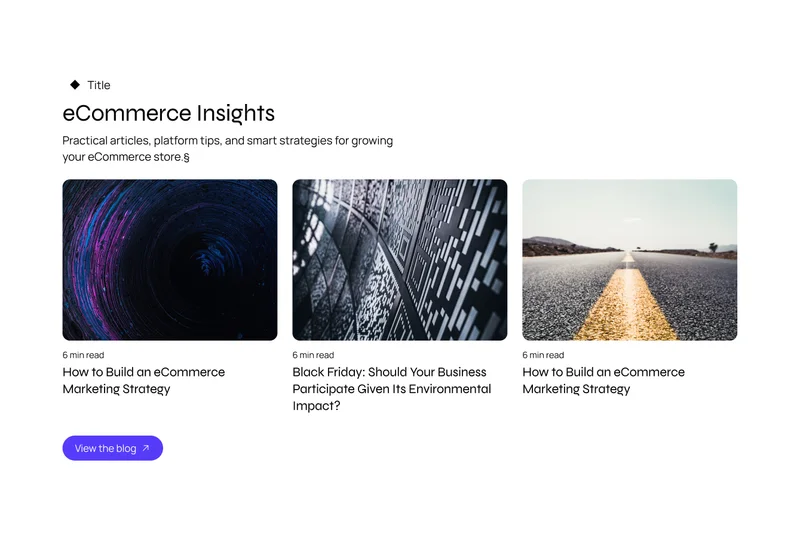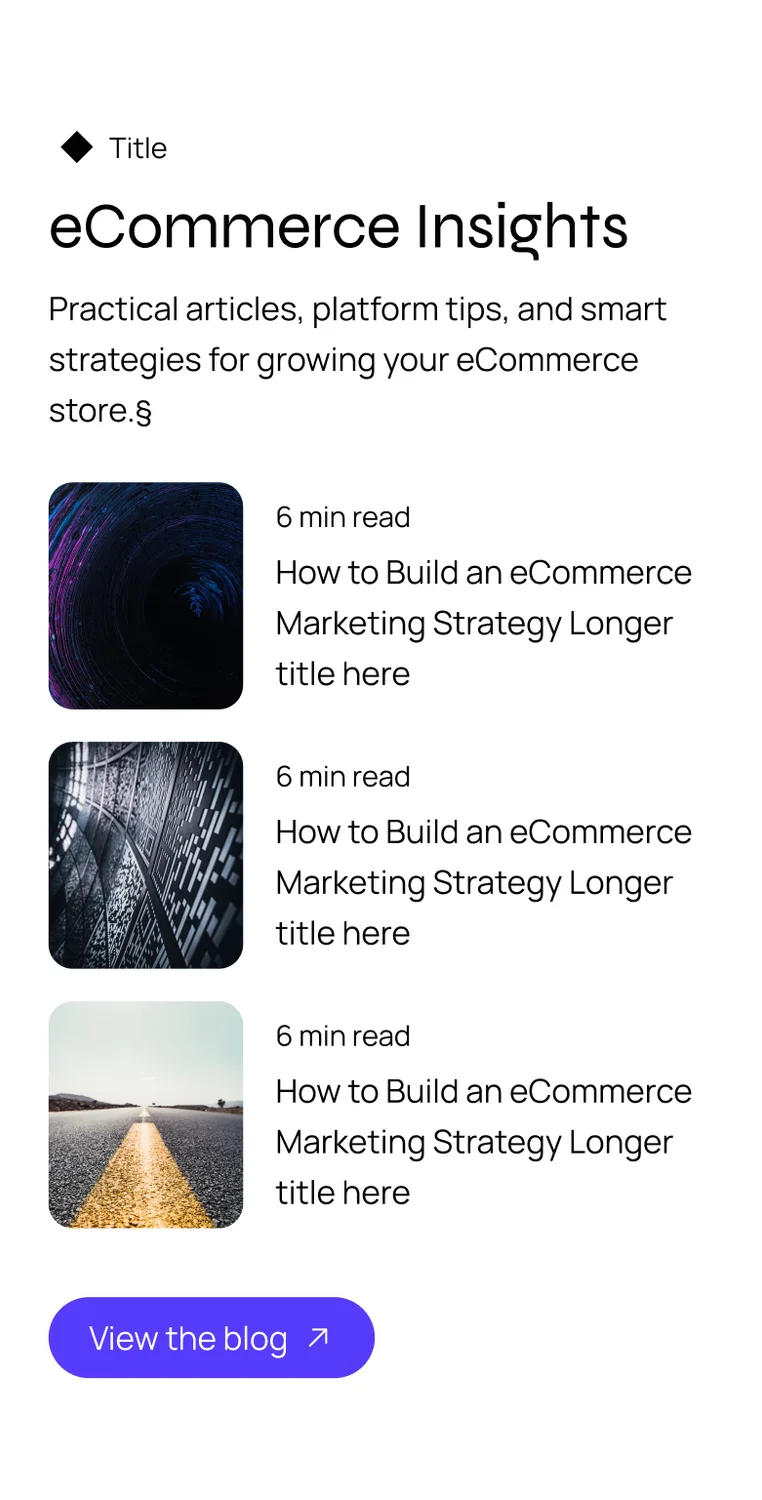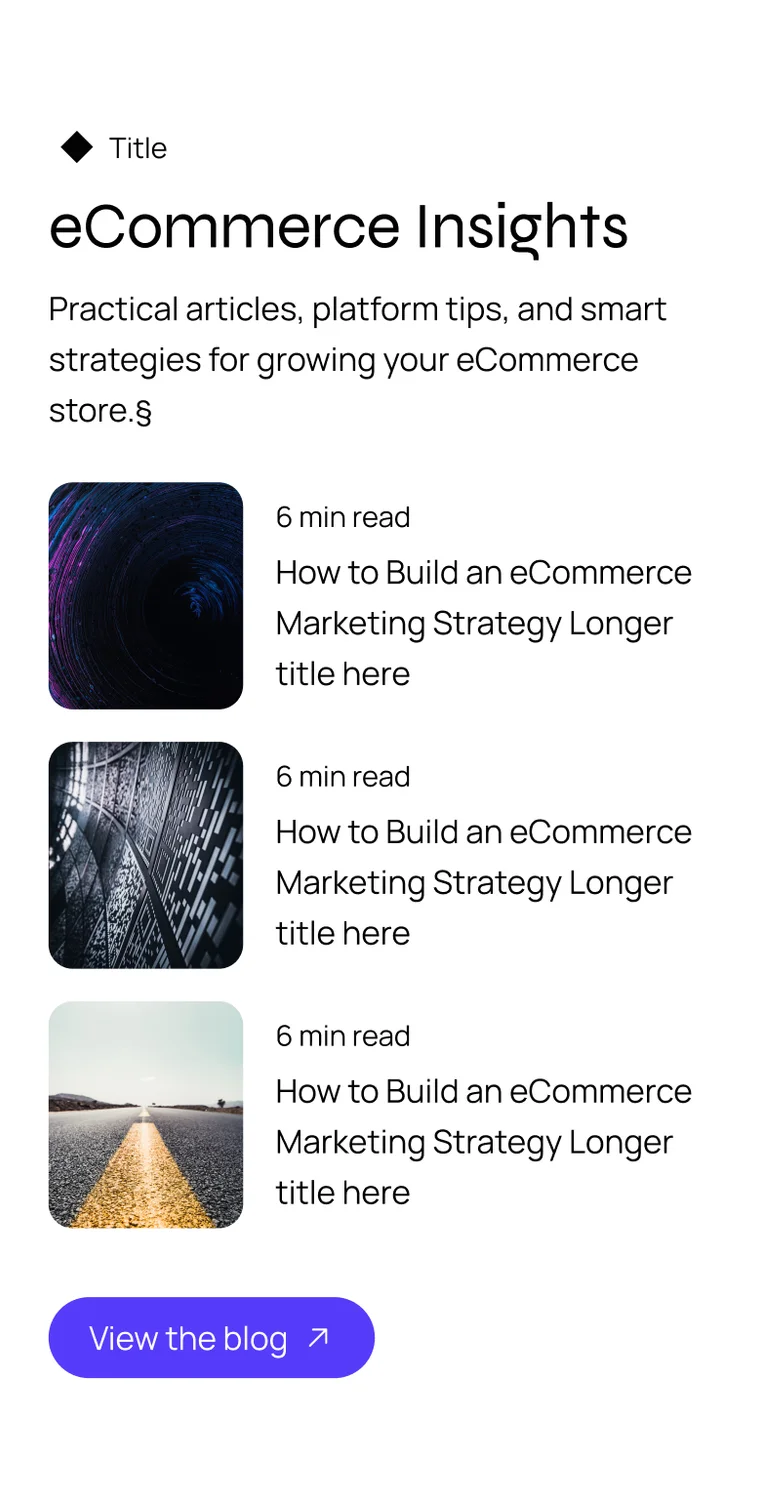October 23, 2024
Black Friday, once seen as the most profitable day of the year for retailers, has evolved into a global shopping phenomenon. However, behind the enormous surge in purchases lies a more concerning reality – Black Friday's negative impact on profit margins, long-term value, and sustainability.
1. Price Wars
Black Friday is synonymous with heavy discounts. Online retailers often feel pressured to participate, leading to deep price cuts that significantly erode profit margins—the need to compete with larger players like Amazon results in unsustainable discounts. For smaller and mid-sized retailers, this can mean selling products at, or even below, cost price to keep up with the competition, effectively wiping out any profit.
Moreover, in the weeks leading up to Black Friday, consumers begin to delay purchases in anticipation of discounts, forcing retailers into aggressive price-slashing tactics just to secure sales. These price wars lead to a race to the bottom, where the volume of sales increases, but profitability plunges.
2. Logistical Challenges
The Black Friday rush brings with it a host of logistical challenges for online retailers. The massive spike in orders puts pressure on supply chains, warehousing, and fulfilment operations. Retailers often have to hire temporary staff, increase server capacities, and expedite shipping options to meet demand, all of which raise operational costs. These additional expenditures eat into the already thin margins left after discounting.
3. High Returns Rate
A hidden downside to Black Friday is the elevated rate of returns. Many customers make impulsive purchases, often influenced by limited-time offers and the fear of missing out. However, as the dust settles, a significant portion of these purchases are returned, further cutting into profits. According to the Guardian, the Monday after Black Friday is the biggest day of the year for returns. Processing returns not only incurs logistics costs but can also lead to excess inventory, which is often difficult to resell at full price.
Furthermore, there is a significant impact on the environment, with 24 million metric tons of CO2 emissions attributed to eCommerce returns each year. You can read more about Black Friday’s impact on the environment here.
4. Devaluation of the Brand
The culture of constant discounts during Black Friday has trained customers to expect deals, which can erode long-term brand loyalty. Instead of fostering a relationship with retailers based on product quality or service, consumers become deal-hunters, only purchasing during periods of significant discounting. This undermines efforts to establish year-round profitability and can create a brand image that is overly reliant on heavy promotions, rather than quality or distinctiveness.
You can read more about Black Friday’s impact on your brand’s reputation here.
5. Increased Advertising Costs
Our own research shows that during Black Friday Calendar Month, retailers pay an average of 20-25% more for online ads compared to non-holiday periods. The cost-per-click (CPC) for paid search and social media platforms, like Google and Facebook, spikes as businesses outbid each other to capture consumer attention.
Moreover, return on advertising spend (ROAS) tends to decline during Black Friday Calendar Month with a 35% decrease in November 2023 compared to the previous period. This means that even with increased ad spending, the return is often much lower, further squeezing margins for retailers.
6. Disproportionate Impact on Smaller Retailers
While large corporations have the resources to absorb the financial blow of Black Friday, smaller online retailers struggle to keep pace. The high costs of advertising, increased competition, and squeezed profit margins mean that smaller businesses may experience cash flow issues or even losses during what should be the most lucrative season. For these businesses, the promise of increased sales often turns into a costly burden that jeopardises their long-term viability.
Conclusion
While Black Friday can temporarily boost sales, the long-term impact on profits and margins for online retailers is often far less favourable than it appears. From higher operational costs to returns and reduced customer loyalty, the short-term gains frequently come at the cost of sustained profitability. For many businesses, it’s time to reconsider whether Black Friday participation is worth the long-term damage to the brand.
Last updated: October 24, 2024






